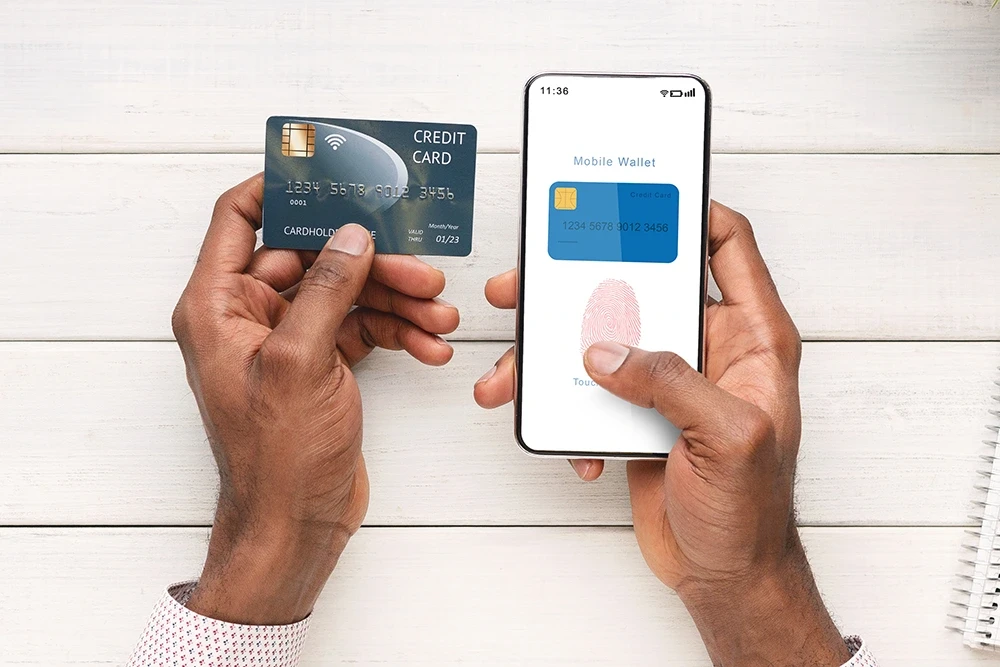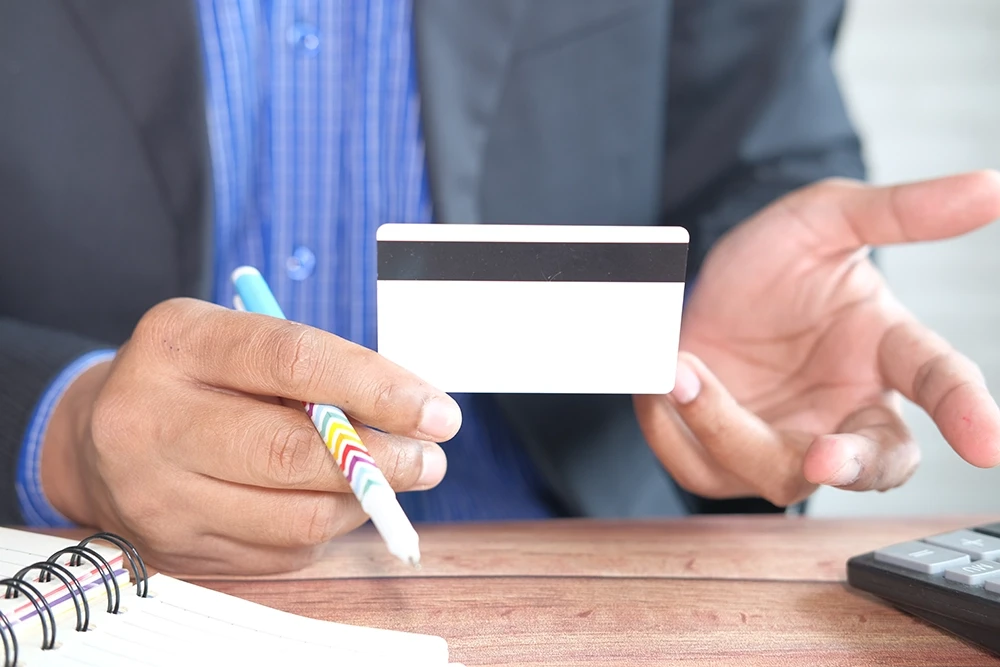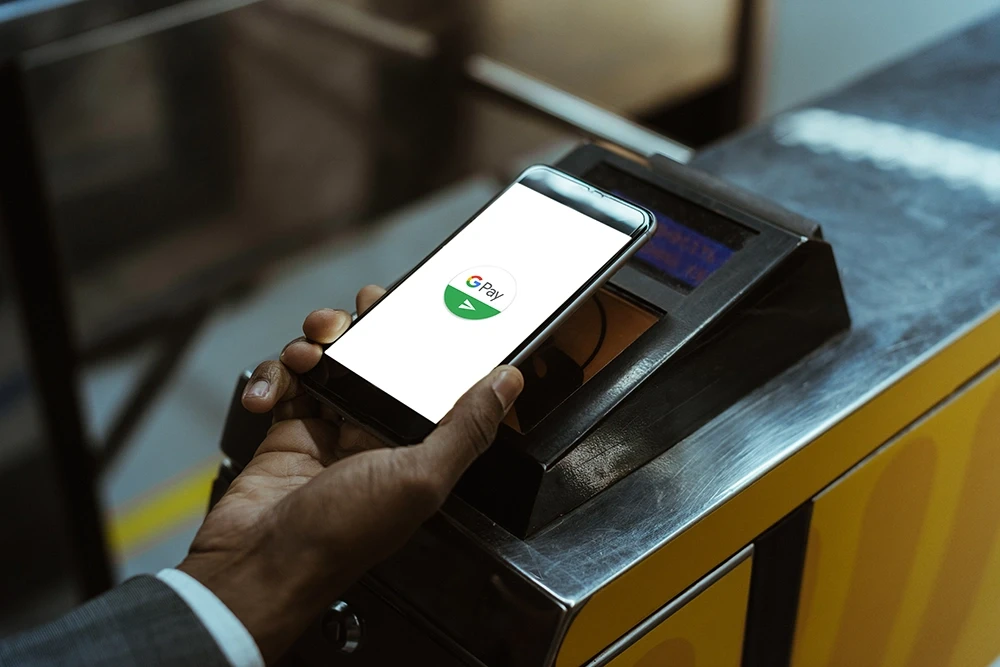Credit cards used to be seen as a luxury, but now they are a common part of everyday life. They provide convenience, security, and even rewards, but they also come with some risks. It’s important to know the "do's and don'ts" of using credit cards to enjoy the benefits while avoiding potential problems.
In this guide, we'll look at some important things to keep in mind when using a credit card. We'll discuss both the benefits and drawbacks of credit cards, share some easy tips for using them responsibly, and highlight common mistakes to avoid. By the end of this guide, you'll have the information you need to make smart choices and get the most out of your credit card.
DOs
-
Know Your Payment Due Dates
If you use credit cards, paying your bills on time is important. It can be tricky to keep track of multiple due dates, especially as you open more accounts. You might even be able to change your due date by calling customer service, which can help you spread out your payments so they’re not all due at once.
Consider setting up automatic payments or reminders through your bank. This way, you can avoid late fees and missed payments. With auto-pay, the money for your bill is automatically taken out of your account, so you don’t have to worry about forgetting. If you like having more control, you can set up bill pay through your bank and also schedule reminders to ensure you know when payments are due.
-
Pay Your Bills on Time
You mustn't miss any credit card payments. Late payment will result in penalty charges, which will impact your credit score. This will harm your chances of gaining credit in the future. Paying on time also lets you enjoy the purchases on your credit card without incurring interest charges.
-
Pay Your Entire Bill
If possible, pay the entire bill amount. If not, definitely pay more than the minimum due amount. Aiming to clear your credit card balance every month is a very good strategy to avoid debt and paying interest.
-
Contact Your Credit Card Company if Needed
In case your bill is delivered late, or you forgot the due date and missed a payment due to some emergency, inform them and make the payment and avoid late fees. They might assist you to work out a manageable payment plan.
-
Keep a Credit Card with Low-Interest Rate
If you carry a balance each month, ensure that your card has a low-interest rate. Also, learn the impact of compound interest – the amount you are charged in interest on top of the purchase costs and interest charges unpaid in the previous months.
-
Use Your Card Wisely
Only purchase high priority items and things you can afford. Use in emergencies, when don’t want to carry cash. Before making “big” purchases, consider the worth of it by deciding whether it is a want or a need. Also, track your spending based on your budget when using credit cards accordingly.
-
Change Your Login Passwords Regularly
It’s a good idea to update your login passwords every 30 days or so. To change your passwords, just log in to your banking app and find the section labelled “security” or “passwords.” From there, follow the on-screen instructions to make your updates. Keeping your passwords fresh helps protect your account from unauthorised access.
-
Select Cards with Benefits That Suit You
Choose a credit card that suits your spending. Having a credit card that offers a great air miles program is beneficial to you only if you travel a lot on work or business, or take plenty of holidays in a year. Compare credit card company offers and collect your reward points without fail.
-
Be Aware of Credit Card Fraud
Always keep payment receipts and check them against your statements or online account. This will protect you from credit card fraud. Contact the credit card company immediately if you detect any fraud and avail protection.
-
Always Read the Fine Print
Credit card companies have varied terms and conditions about interest rates, late fees, annual fees, grace periods and default rates. When consumers fail to pay, credit card companies make money. Read the fine print and stay educated of the T&Cs and cardholder agreements.
-
Negotiate Your Annual Fee and Interest Rate
When you sign up for a credit card, you can negotiate an annual fee waiver for one or two years. You can also negotiate for lower interest rates. Keep evaluating the interest rate on your card periodically to ensure you are getting a good deal.
-
Review Your Statement Regularly
Check your statements monthly and verify the purchases and payments made. Ensure there are no unauthorized transactions and contact the credit card issuer in case of any anomalies.
-
Limit the Number of Credit Cards
It will prove difficult to keep track of transactions and payments on multiple credit cards. Therefore, it is advisable to have only one or two credit cards.
DON’Ts
-
Don’t Miss a Payment
As explained above, it is important to pay your credit card bills on time.
-
Never Use Your Credit Card for Cash Advances
Withdrawing cash from a credit card will immediately result in higher interest rates.
-
Never Exceed Your Borrowing Limit
Always stay within 30% of your borrowing limit. This will keep your balance low and help maintain a good credit score.
-
Don’t Use Your Credit Card Impulsively
Avoid spur-of-the-moment purchases using your credit card. This becomes a habit and leads you to debt.
-
Don’t Spend More Than You Can Afford
Always remember that paying by credit card is like taking a loan. It has to be repaid. Manage your funds and borrowing limit without “maxing out” your cards.
-
Don’t Use Your Credit Card for Everyday Purchases
Do not substitute your credit card for cash to purchase items like food, clothing, and petrol for your car.
-
Never Try to Clear Debt with a New Credit Card
This will only place you in further debt than improve your financial situation.
-
Don’t Apply for Too Many New Credit Cards in Six Months
Avoid applying for too many new credit cards within a 6-month span. Each time you apply, a credit check is performed, which results in a hard inquiry on your credit report. These inquiries remain on your report for two years, but they only affect your credit score for six months. If you have too many credit checks in a short time, it can negatively impact your score.
It’s best to limit the number of credit cards or loans you apply for at once. This approach not only protects your credit score but also gives you time to adjust to managing any new debt before taking on more.
-
Avoid Opening a Credit Card Just Because You Get an Offer
Credit card offers come in constantly—even if your credit score isn’t perfect. And with a good credit score, you might see even more offers rolling in. But getting an offer doesn’t mean you need to sign up.
If an offer catches your eye, take a moment to do some research. Look up the card online, see what it offers, and compare it to similar cards to find the best fit for you. Make sure it’s something you actually need and can handle financially before deciding to open a new account.
-
Don’t Share Your Credit Card Number
Never share your personal information or credit card number as there are identity thefts and phishing scams that ask for credit card details. Contact the credit card company in case of any suspicious activity.
-
Don’t Purchase Special Services
Credit card fraud protection and life insurance services are not necessary for consumers, and therefore, you need not purchase them from the company.
Closing Thoughts
Using a credit card wisely can really boost your financial health. By sticking to the “do’s” and avoiding the “don’ts” from this guide, you can enjoy the perks of a credit card without falling into common traps.
Think of a credit card as a tool—it works best when handled with care. When you understand your spending habits, keep your debt in check, and know some basics about credit card use, you can get the most out of it and keep your finances on track.













